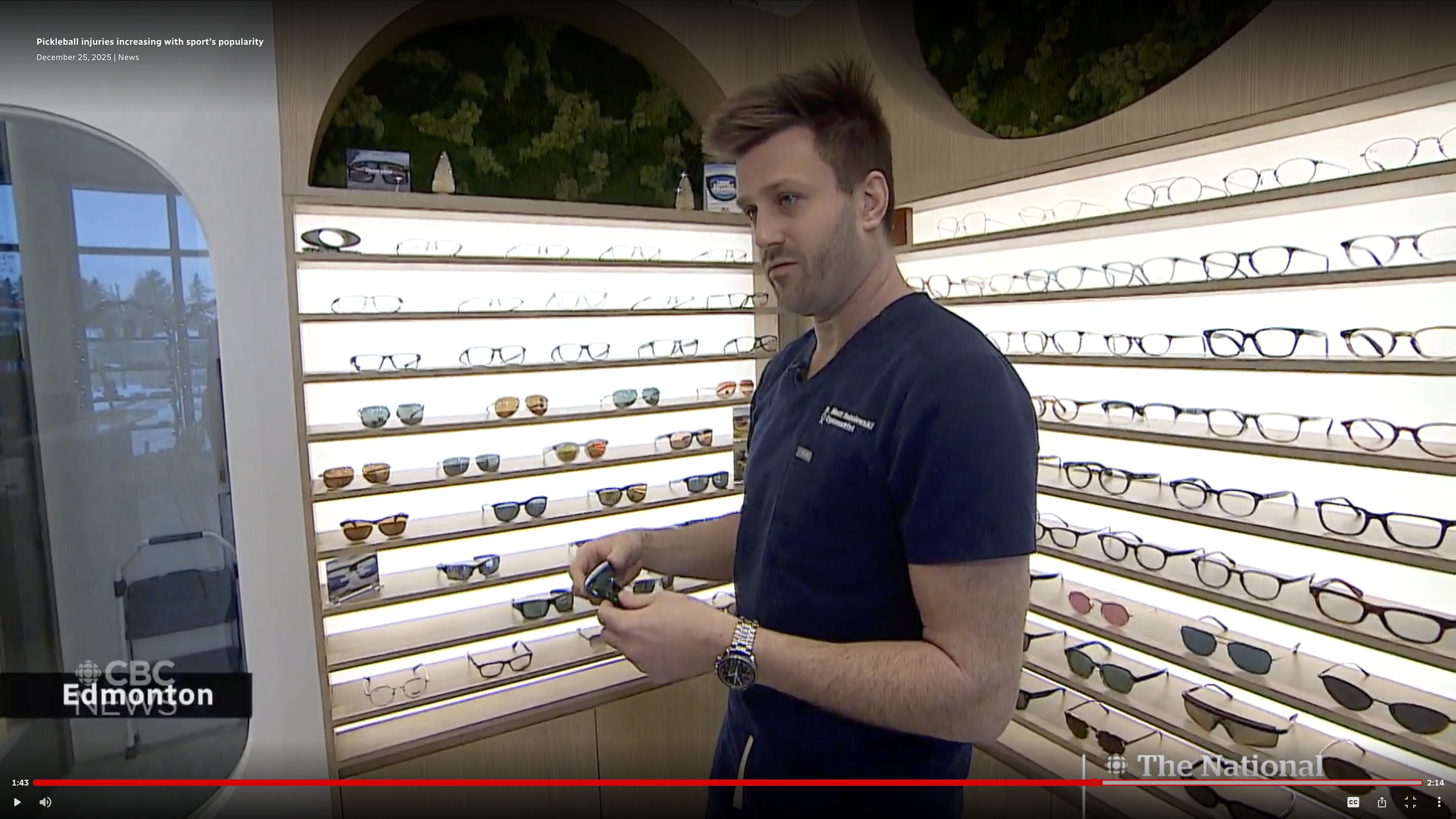Can Cataracts Come Back After Surgery?
You've had cataract surgery. Your vision was clearer, colours brighter, and everything seemed sharper. But now, months—or even years—later, things feel off again. Blurry. Hazy. Like the problem might be coming back. It's a frustrating moment, and the question we hear most at Helio Optometry is: "Can cataracts come back after surgery?"
The short answer is no. But the long answer is worth understanding—because what you're experiencing might be something else entirely, and it's treatable.
First, a Quick Refresher: What Is a Cataract?
A cataract is a clouding of the eye's natural lens, which sits behind the iris (the coloured part of your eye). Over time, proteins in the lens begin to break down and clump together, scattering light and making vision blurry or hazy. Left untreated, cataracts can cause significant vision loss.
The only effective treatment currently is surgery. Cataract surgery involves removing the cloudy natural lens and replacing it with a clear, artificial one known as an intraocular lens (IOL).
So... Can the Cataract Return?
Here's the reassuring part:
No. Once the natural lens is removed, the cataract is gone. Permanently.
It cannot grow back on the artificial lens.
But there's a twist. Months or even years after successful surgery, some patients notice their vision getting blurry again. The culprit? A common and easily treatable condition called posterior capsule opacification (PCO).
What Is Posterior Capsule Opacification?
During cataract surgery, the artificial lens is placed inside a thin, clear membrane called the capsule. Over time, that capsule can become cloudy—almost like frost forming on a window. This causes symptoms similar to your original cataract: blurry vision, glare at night, or difficulty reading.
PCO is often referred to as a "secondary cataract", but that name is misleading. It's not a new cataract. It's just a film or haze that forms on the lens capsule and is very common. In fact, up to 1 in 5 people may develop it after surgery.
The Good News: It's Fixable in 5 Minutes
If you're diagnosed with posterior capsule opacification, treatment is simple and highly effective. It's called a YAG laser capsulotomy.
This painless, in-office laser procedure takes only a few minutes. A laser creates a small opening in the cloudy capsule, instantly clearing the path for light to reach the retina again. Most patients notice improvement in vision within hours and are back to their normal activities the same day.
There are no stitches, no drops, and no downtime.
When to See an Eye Doctor in Edmonton
If you've had cataract surgery and your vision has started to decline again, don't assume it's just part of getting older—or worse, ignore it. Cloudy or blurred vision after surgery should always be investigated. While PCO is the most common cause, other eye conditions like macular degeneration or glaucoma can also affect your vision long after cataract surgery.
At Helio Optometry, our doctors use advanced technology like 3D OCT imaging and Optomap Ultra-Widefield Retinal Imaging to get a complete view of your eye health. We take post-surgical care seriously, and we co-manage with some of the top ophthalmologists in Edmonton to ensure you get timely, expert care.
Clear Vision Deserves a Second Look
Cataracts don't grow back, but vision changes after surgery are real and worth investigating. Whether it's a simple case of posterior capsule opacification or something more complex, you deserve answers—and solutions.
At Helio Optometry in West Edmonton, we use advanced imaging technology to detect what's really going on behind the blur. If something's affecting your sight, we'll find it—and help you fix it. Schedule your complete eye exam today with one of our optometrists.
Disclaimer: The content provided in this blog post by Helio Optometry eye care clinic in West Edmonton is intended solely for informational purposes and does not replace professional medical advice, diagnosis, or treatment by a Licensed Optometrist. No doctor/patient relationship is established through the use of this blog. The information and resources presented are not meant to endorse or recommend any particular medical treatment or guarantee and outcome. Readers must consult with their own healthcare provider regarding their health concerns. Helio Optometry and its optometrists do not assume any liability for the information contained herein nor for any errors or omissions. Use of the blog's content is at the user's own risk, and users are encouraged to make informed decisions about their health care based on consultations with qualified professionals.










